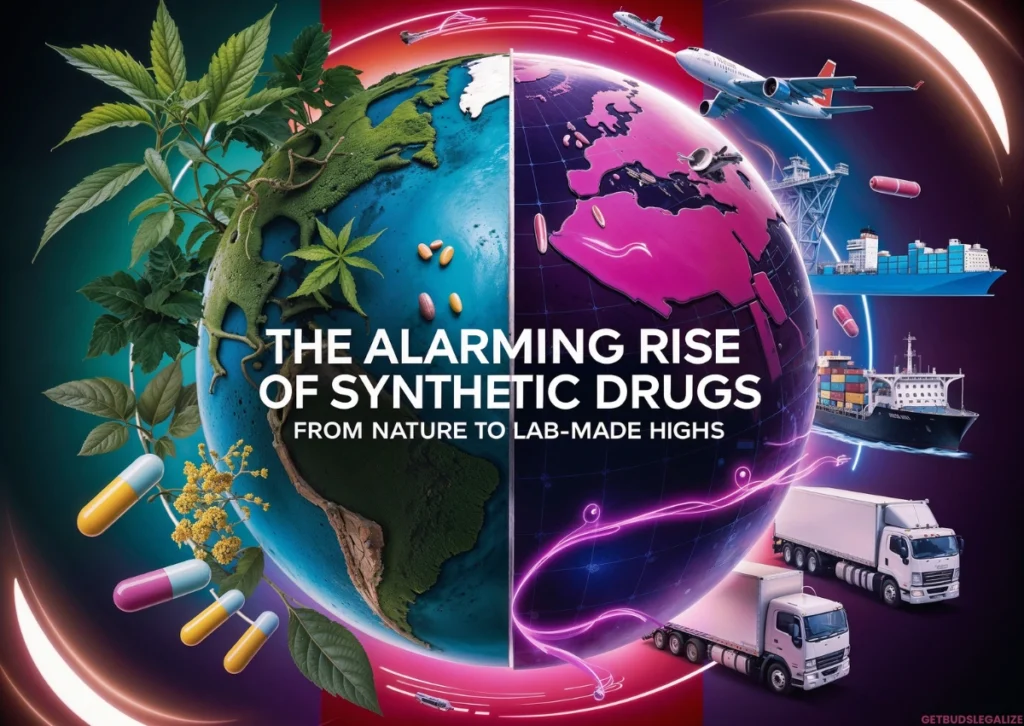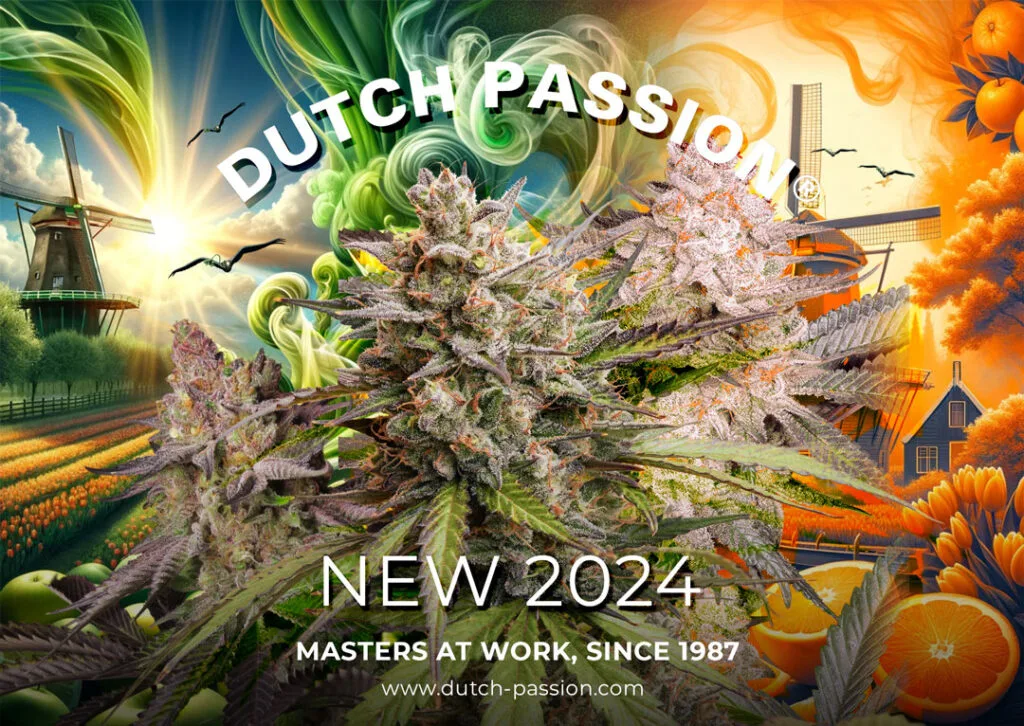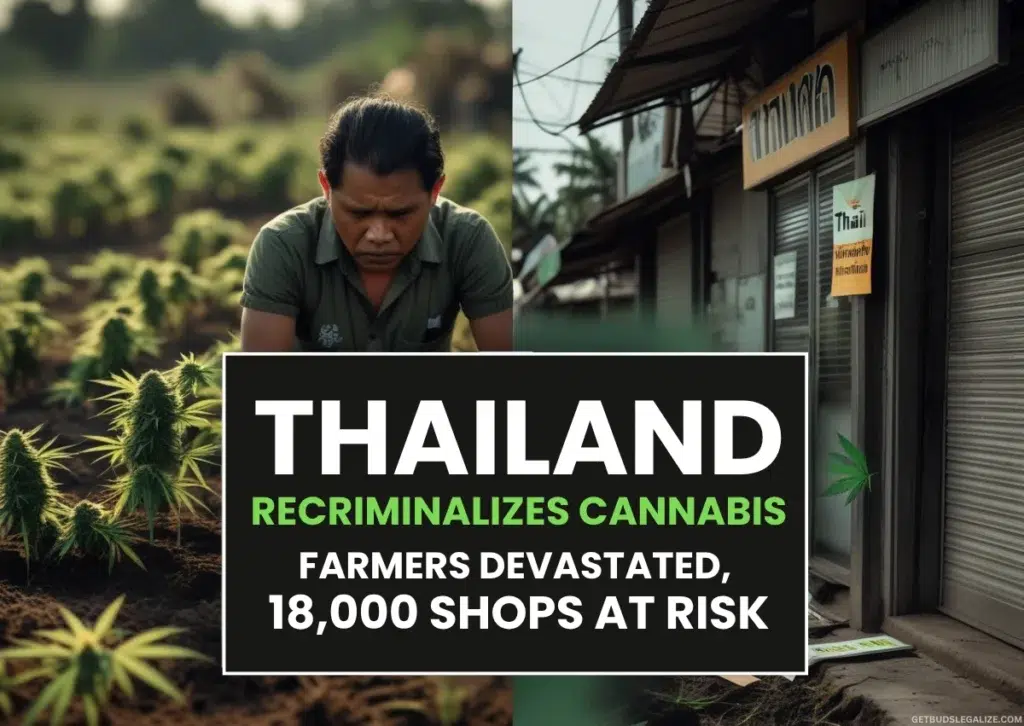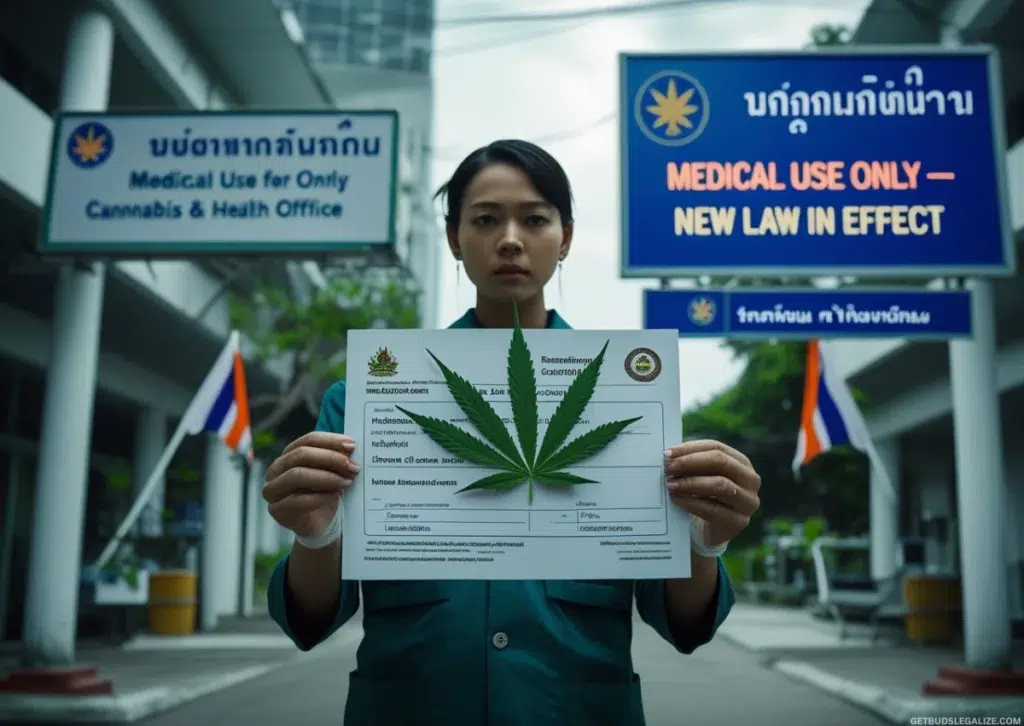Colombia’s Push for Cocaine Legalization: Will WHO’s Coca Leaf Review Reshape Global Drug Policy?
Colombia is once again at the center of the global drug policy debate. President Gustavo Petro has reignited discussions on the legalization of cocaine, arguing that geopolitical interests, not health risks, have dictated its prohibition.
Meanwhile, the World Health Organization (WHO) is considering a critical review of coca leaves, potentially paving the way for a historic shift in international drug laws.
Could this be the beginning of the end of the war on cocaine?
Why Is Colombia Pushing for Cocaine Legalization?
According to President Gustavo Petro, the criminalization of cocaine is politically motivated rather than health-based. He argues that:
- Alcohol, particularly whiskey, can be just as harmful as cocaine, yet it remains legal.
- Fentanyl, which is responsible for the opioid crisis in the U.S., faces fewer restrictions than cocaine.
- Prohibition fuels organized crime and violence, whereas regulation could dismantle illicit drug networks.
“Cocaine is illegal because it is produced in Latin America, not because it is more dangerous than whiskey.” — Gustavo Petro
His stance aligns with broader harm reduction strategies, advocating for a regulated market rather than a punitive approach to drug control.
A Potential Game-Changer: WHO’s Review of Coca Leaves
The WHO is currently reassessing the classification of coca leaves, a move that could lead to global drug policy reform.
- In 1964, the United Nations Single Convention on Narcotic Drugs imposed a global ban on coca leaf consumption, despite its cultural significance in South America.
- Indigenous communities have chewed coca leaves for over 8,000 years for nutritional and medicinal benefits (they contain calcium, iron, and other essential nutrients).
- Today, scientific research is limited, as strict regulations make it nearly impossible to study coca leaves legally.
Now, 75 years later, the WHO is conducting a critical health review that could challenge outdated colonial-era drug policies.
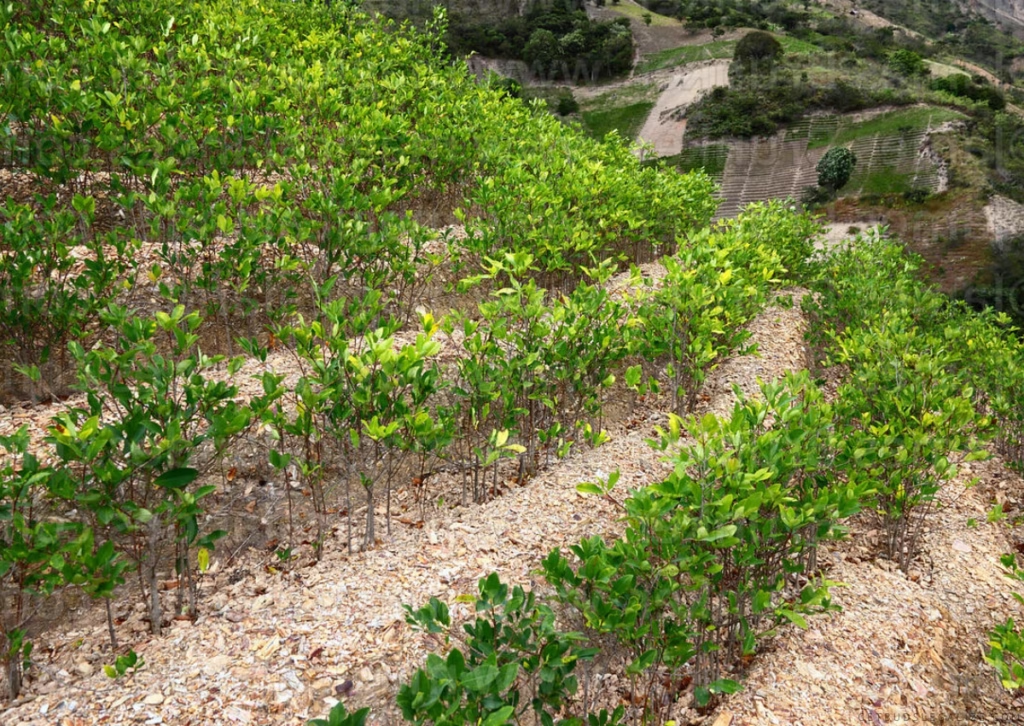
Could Cocaine Legalization Disrupt the Illegal Drug Trade?
President Petro has outlined a plan to transition away from illicit cocaine production by:
- Buying land from coca farmers and helping them shift to alternative crops and industries.
- Investing in legal coca-based products, similar to Bolivia’s approach (where coca leaves are legal but cocaine is not).
- Cutting off the financial lifeline of criminal cartels through regulation and taxation.
This strategy aims to reduce violence, curb corruption, and create a sustainable economy without the stigma of criminalization.
The Global Response: Will Countries Support or Oppose This Shift?
While some nations are reconsidering drug laws, the United States and many European countries remain strongly opposed to cocaine legalization.
- Bolivia already allows coca leaf use and has successfully challenged UN restrictions.
- Canada and parts of the U.S. are moving toward drug decriminalization but remain hesitant about legalizing cocaine.
- Europe has mixed reactions—Portugal decriminalized drugs, but other nations remain strict on cocaine laws.
With WHO’s upcoming review, could Colombia’s push for legalization gain international traction?
Final Thoughts: Is the World Ready for Cocaine Legalization?
Gustavo Petro’s proposal challenges the status quo of global drug policies. As debates around drug regulation evolve, could a controlled and legal cocaine market reduce crime and reshape the industry? Or does prohibition remain the only viable approach?
🌍 What do you think? Could legalization be a step toward harm reduction, or would it create more challenges?
📢 Join the conversation on our Facebook page and let us know your thoughts!
📩 Stay ahead of the latest drug policy debates—subscribe to our newsletter for exclusive updates and expert insights!
Correlated Articol:
FAQs: Colombia’s Push for Cocaine Legalization and Global Drug Policy Reform
Colombian President Gustavo Petro argues that cocaine prohibition is driven by political and economic interests rather than public health concerns. He believes legalization could:
- Reduce drug-related violence by cutting off funding for cartels.
- Promote harm reduction strategies instead of punitive drug policies.
- Regulate the market, similar to alcohol and cannabis industries.
The WHO is currently reviewing the classification of coca leaves, which have been banned under international drug laws since 1964. This review could:
- Challenge outdated drug policies based on colonial-era restrictions.
- Allow legal coca-based products for medicinal and nutritional use.
- Encourage scientific research on the potential health benefits of coca leaves.
Coca leaves are a natural plant that has been used for over 8,000 years by indigenous South American communities for energy, nutrition, and medicinal purposes. Cocaine, on the other hand, is a refined and highly concentrated drug extracted from coca leaves using chemical processes.
- Coca leaves are traditionally chewed or brewed as tea and contain essential nutrients.
- Cocaine is a processed substance with strong psychoactive effects.
- Legalizing coca leaves does not mean legalizing cocaine.
A regulated cocaine market could significantly reduce the power of drug cartels by:
- Disrupting black market operations through legal alternatives.
- Providing economic incentives for legal coca farming.
- Reducing violence and corruption linked to drug trafficking.
If Colombia legalized and regulated cocaine, it could follow a cannabis-style legalization model by:
- Implementing licensing systems for legal producers and distributors.
- Taxing sales to fund drug prevention and treatment programs.
- Controlling access through strict age and use restrictions.
- Bolivia allows legal coca leaf consumption but does not permit cocaine production.
- Portugal decriminalized all drugs, including cocaine, but does not support full legalization.
- Canada and some U.S. states have taken steps toward drug decriminalization.
Critics argue that cocaine legalization could:
- Increase drug abuse and addiction rates.
- Lead to public health concerns, requiring more rehabilitation resources.
- Encourage international drug trafficking if regulations are not strictly enforced.
- Bolivia supports coca leaf decriminalization and has successfully removed it from the UN’s banned substances list.
- Portugal decriminalized all drugs but remains cautious about full cocaine legalization.
- The United States and the European Union strongly oppose legalizing cocaine.
Yes, if the WHO reclassifies coca leaves, it could lead to:
- A shift in international drug laws toward harm reduction.
- More countries exploring legal coca-based industries.
- New scientific research on coca’s medicinal benefits.
Colombia is awaiting the WHO’s official recommendation on coca leaves and is exploring potential legalization models. The government aims to:
- Promote legal coca-based industries as an alternative to illicit cocaine production.
- Gain international support for drug policy reform.
- Advocate for new global drug policies at the United Nations.
We rely on our partners to provide you with the best products and services. By purchasing from them, you support our website and get high-quality products. Thank you for being part of our community!
ILGM Fertilizer

Ultimate Marijuana Fertilizer
Nourish your plants from seedling to harvest with our premium formula!
- Enough for 5+ Plants: Perfect for your growing needs.
- Exclusive Discount Package: Save more while you grow!
- Versatile Use: Ideal for soil, hydroponics, and all growing mediums.
- Optimal Plant Health: The best way to ensure robust growth and thriving yields.






